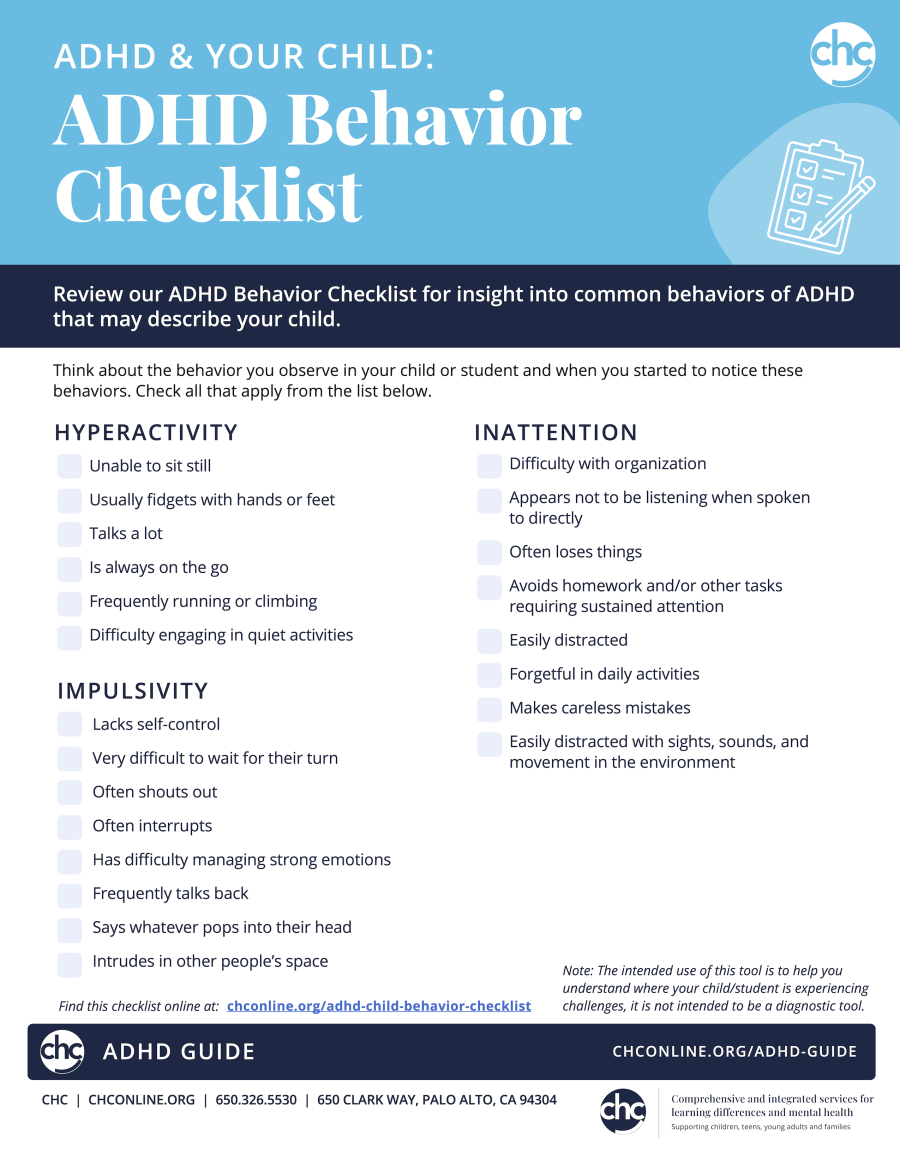In conclusion, the landscape of ADHD treatment is evolving, with new strategies providing hope for individuals seeking to improve their focus and overall quality of life. As researchers and healthcare professionals continue to explore innovative methods, it is clear that there is a brighter future ahead for those affected by ADHD. Comprehensive ADHD strategies enable success in both personal and professional realms.

Another important strategy is the use of visual aids. Charts, checklists, and color-coded systems can serve as powerful tools to enhance focus and organization. For example, maintaining a visible checklist for daily tasks can provide a clear outline of what needs to be accomplished, making it easier to stay on track. Similarly, using different colors for various subjects or responsibilities can help individuals quickly identify priorities and deadlines.
Incorporating mindful movement into daily routines is another effective strategy. Activities such as yoga, tai chi, or even simply going for a mindful walk can help individuals with ADHD channel their energy in a constructive way. These activities encourage physical awareness and can enhance focus by
promoting a sense of calm and grounding. Engaging in mindful movement allows individuals to connect their mind and body, creating a feeling of balance that can be particularly beneficial for those with ADHD.
Finally, it is essential for individuals with ADHD to practice self-compassion. Recognizing that ADHD is a neurodevelopmental disorder, not a personal failing, can help alleviate feelings of frustration and inadequacy. Celebrating small victories and acknowledging progress can build confidence and motivation.
Attention-Deficit/Hyperactivity Disorder, commonly known as ADHD, affects millions of children and adults worldwide. Characterized by persistent patterns of inattention, hyperactivity, and impulsivity, ADHD is a neurodevelopmental disorder that can significantly impact daily functioning and quality of life. As awareness of ADHD grows, so does the need for a comprehensive understanding of its symptoms, causes, and available treatments.
Once diagnosed, a variety of treatment options are available to help manage ADHD symptoms. Behavioral therapies, psychoeducation, and lifestyle modifications are often recommended as first-line interventions. These approaches aim to enhance organizational skills, improve social interactions, and promote self-regulation. Additionally, medication can be an effective component of treatment for many individuals with ADHD. Stimulants, such as methylphenidate and amphetamines, are commonly prescribed and have been shown to improve focus and reduce impulsivity. Non-stimulant medications are also available for those who may not respond well to stimulants or prefer an alternative.
Effective Mindfulness Practices for ADHD
Mindfulness techniques involve cultivating a state of awareness, often through practices such as meditation, deep breathing, and body scans. "Mindfulness fosters reflection, helping ADHD individuals manage impulsivity," says Dr. Sarah Thompson, a clinical psychologist.
Attention Deficit Hyperactivity Disorder (ADHD) affects millions of individuals worldwide, often making it challenging to maintain focus, manage impulses, and regulate emotions. While traditional treatments such as medication and therapy remain crucial, an increasing number of individuals with ADHD are turning to mindfulness techniques to help enhance their concentration and emotional regulation. These practices provide practical strategies to cultivate awareness and focus in daily life, offering a holistic approach to managing ADHD task chunking (
https://www.goodreads.com) symptoms.
Diagnosing ADHD can be complex, as there is no definitive test for the disorder. Instead, healthcare professionals rely on comprehensive evaluations that include behavioral assessments, interviews, and standardized rating scales. It is crucial for clinicians to differentiate ADHD from other conditions that may present similar symptoms, such as anxiety or learning disabilities.
Research Supporting Mindfulness for ADHD
Researchers have begun to explore the effectiveness of mindfulness interventions specifically tailored for individuals with ADHD. The Journal of Attention Disorders reveals mindfulness improves ADHD focus and emotional regulation. Research supports incorporating mindfulness into ADHD strategies for improved results.
Mindfulness, at its core, is the practice of being present in the moment without judgment. This can be particularly beneficial for those with ADHD, as it encourages individuals to redirect their attention away from distractions and cultivate a greater understanding of their thoughts and feelings. Recent studies indicate that mindfulness can lead to improvements in attention span, emotional regulation, and overall well-being among individuals with ADHD.
One effective mindfulness technique is breath awareness. This practice involves focusing on the rhythm of one’s breath, which can help ground individuals in the present moment. For those who struggle with racing thoughts or impulsivity, taking a few minutes each day to engage in deep breathing can create a sense of calm and clarity. Experts recommend finding a quiet space, closing one’s eyes, and inhaling deeply through the nose, holding the breath for a moment, and then exhaling slowly through the mouth. This simple yet powerful practice can serve as an anchor to regain focus when distractions arise.